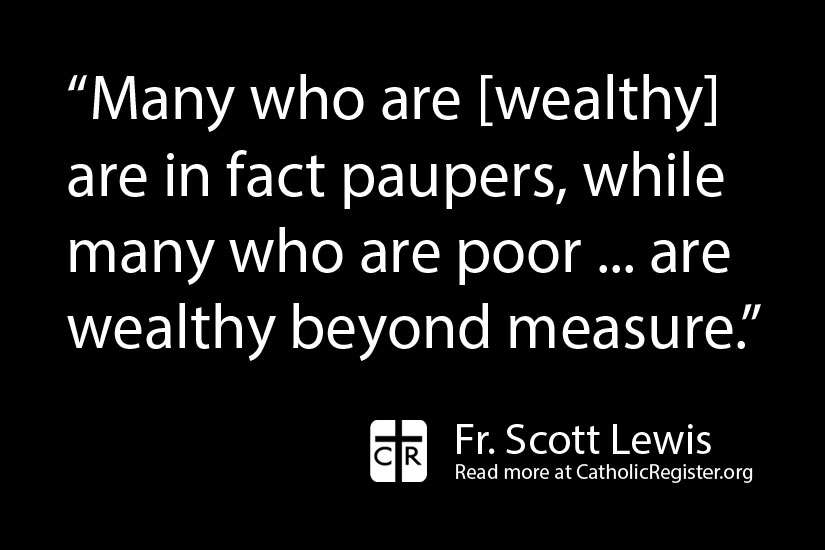Many mystical and philosophical systems teach the impermanence of all things, and it appears that the author of Ecclesiastes was in the same camp. His rather gloomy meditation observes that all of the things that we think are so important are in fact empty.
Vanity is a rather inadequate translation of the Hebrew hebel, and it denotes something that is smoke or vapour — unsubstantial and fleeting. We might have a similar insight while visiting the ruins of an ancient city, especially one that was part of a mighty empire.
Sorting through and giving away the possessions of one who has passed away is another instance of experiencing impermanence and the relative value of all things.
Why do some of the richest people in the world continuously strive for more? Why do so many kill themselves chasing illusive dreams?
Melancholy Qoheleth is not exactly a bundle of joy, and some have wondered why it was included in the canon. The book is not overly religious — his sole religious advice is to fear God and keep His commandments. But perhaps the book is not as dark as it appears. His counsel is to enjoy the gift of each day and the simple pleasures that it brings. It is not a call to hedonism, but to gratitude and contentment with what we have and the ability to live in the present moment.
This is a fine message for a culture that is driven by the quest for success and the acquisition of things. Perhaps it would help to ask ourselves what would be important if we discovered that we had only a short time left to live. Ideally, it would be love, family, friends and helping others. As Paul teaches us in 1 Corinthians 13, everything else will pass away, leaving only love. If not in total agreement with Qoheleth, they at least share some of the same insight about the futility and relative unimportance of so much of the human experience.
The author of Colossians raises the bar a bit. His solution is to lift our mind and heart to things that are on a higher plane — things of the spirit. He wants us to go to the source of our frantic quest for recognition, power and wealth and strip away inordinate desires, greed and falseness — all that is earthly. He firmly believes that we are transformed and created anew in Christ, and this means stripping off the old person with all its falseness.
The greatest expression of this falseness is the human tendency to label, categorize and exclude people on the basis of religion, ethnicity and social status. Colossians is adamant: this tendency has to go, for the only reality is Christ in everything.
Someone in the crowd thought that they would use Jesus as a weapon against their brother in an inheritance dispute. Jesus wisely refused to be sucked into that mess, but He used this as an opportunity to make the same point that we saw in Ecclesiastes and Colossians.
He told a parable of the man who spent all of his time and energy amassing wealth, perhaps looking forward to the day when he could retire and enjoy it. Visions of a life of ease and luxury kept him going, but it was not to be. That very night was the last light of his life. All of his wealth would be enjoyed by someone else.
There are numerous accounts of individuals taken suddenly and very prematurely at the height of their powers and success. Jesus insisted that the quality of our life is not measured by wealth or achievement, but by what we have learned and what we have given. When we measure the quality of life in those terms, it turns our notion of success upside down.
Many who are quite wealthy are in fact paupers, while many who are poor in a material sense are wealthy beyond measure. Let us pursue what is real, rather than what is fleeting and unreal.


